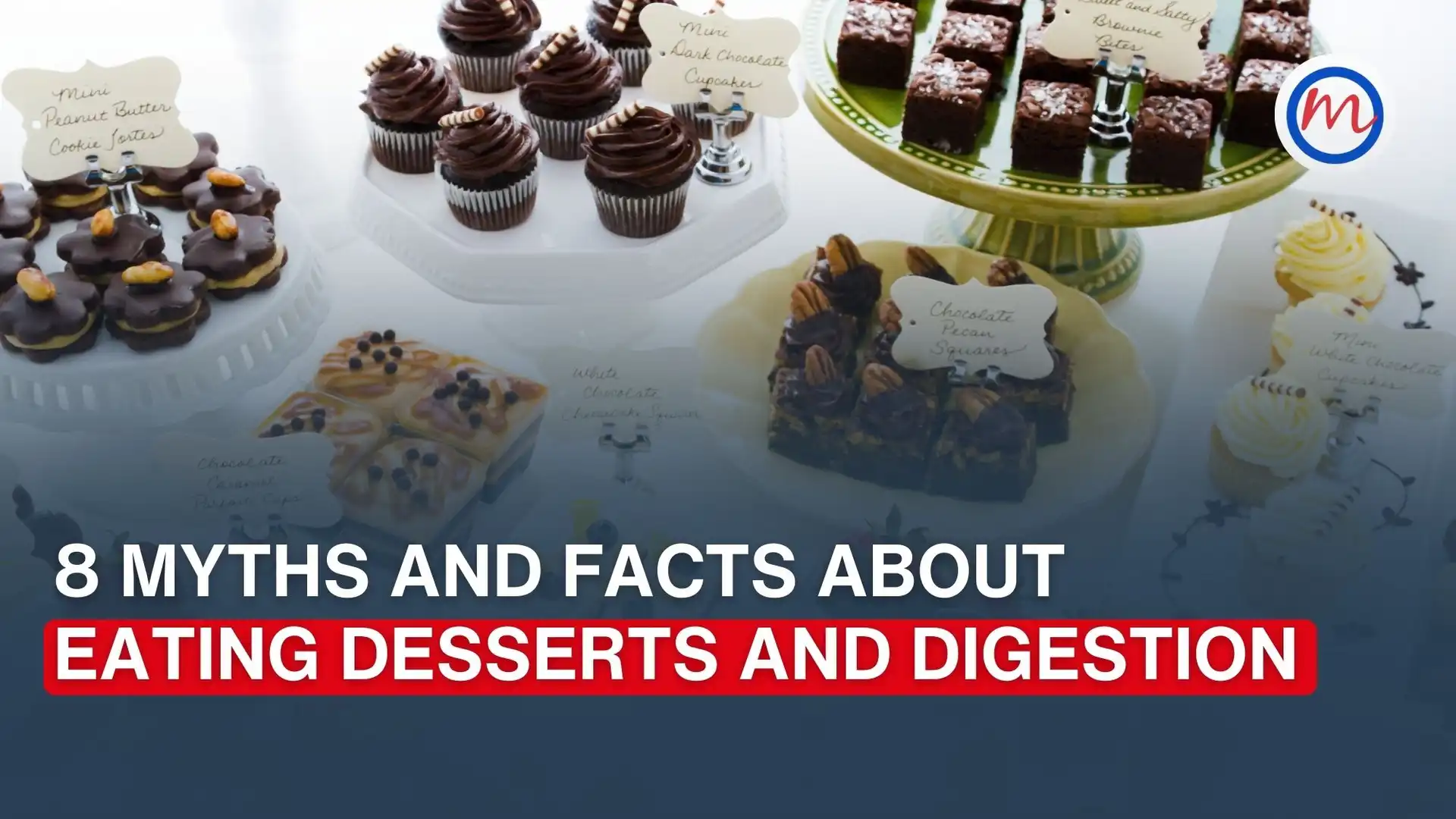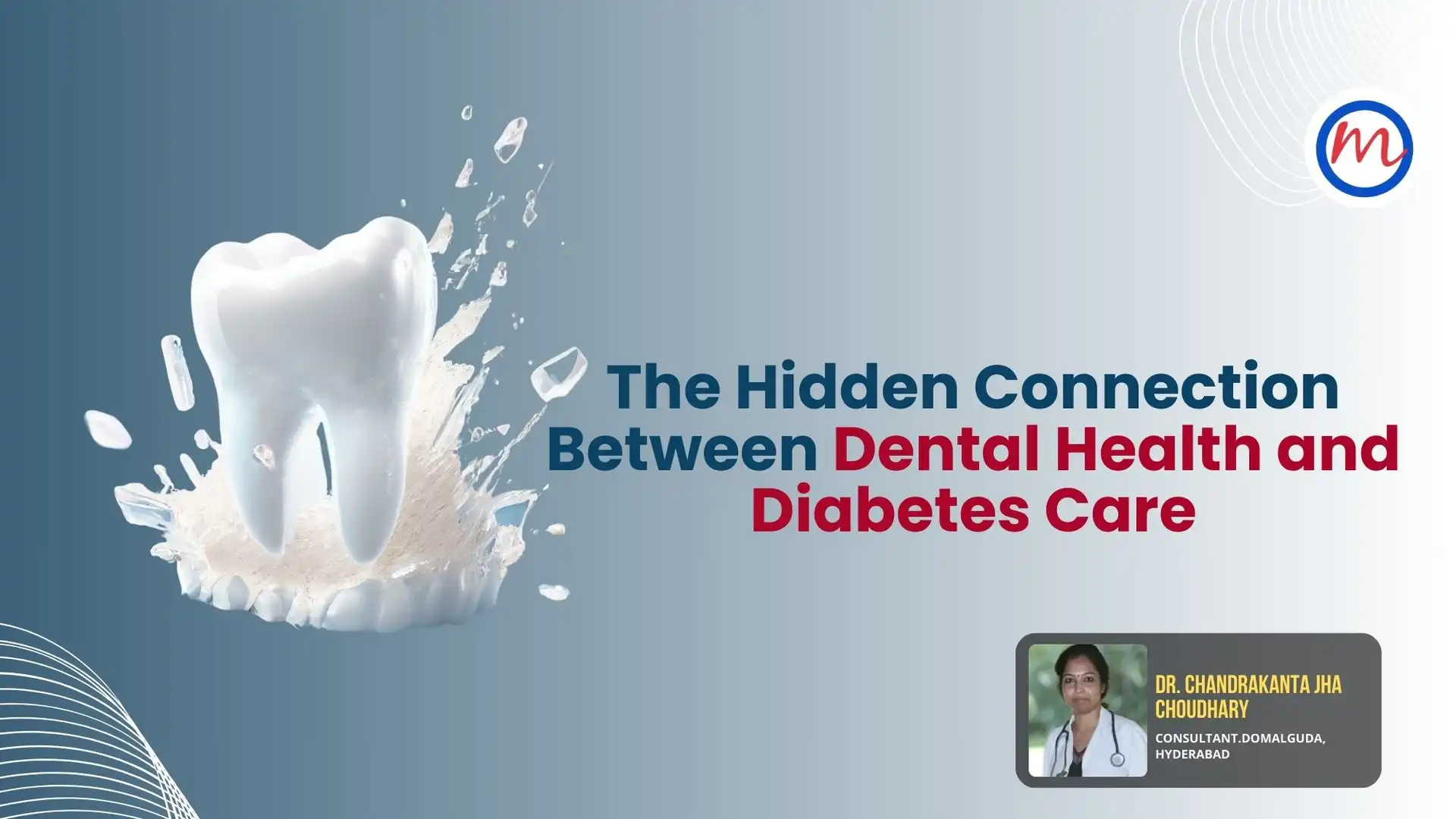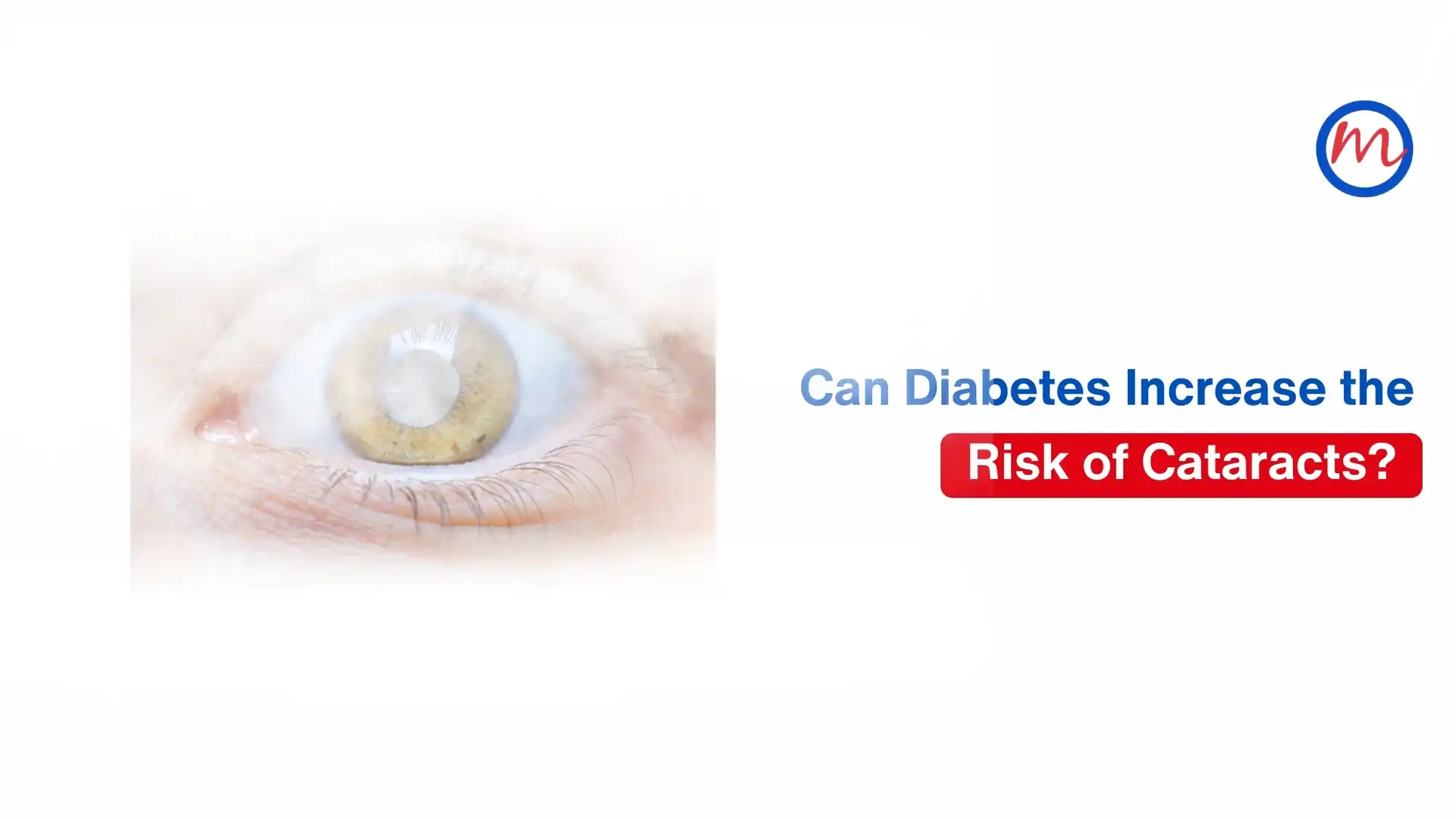8 MYTHS AND FACTS ABOUT EATING DESSERTS AND DIGESTION
Desserts are often considered the perfect way to end a meal. Many people believe that sweets not only satisfy cravings but also help with digestion. However, most of these ideas are based on cultural habits or misconceptions rather than science. While desserts can bring enjoyment, their role in digestion is often misunderstood. Let us explore eight common myths and the real facts behind them.
-
Myth: Eating dessert after meals improves digestion
Many people believe desserts help in peristalsis (moving food through the stomach) more easily, but this is not true. Desserts only provide a sense of satisfaction or closure to a meal. The digestive system works based on enzymes, stomach acid and gut motility; these actions are not improved by sweets. In fact, heavy desserts can slow digestion and make you feel uncomfortably full.
-
Myth: Sugar activates digestive enzymes
Some assume sugar stimulates enzyme production, but this is incorrect. Enzymes are mainly triggered by proteins and fats, which signal the pancreas and stomach to release them. Sugar on its own does not activate digestion; it only provides quick energy. Eating desserts simply increases calorie and glucose intake without offering digestive benefits.
-
Myth: Fruits as dessert always support digestion
Fruits are nutrient-rich and full of fibre, but their digestion time matters. Eating fruits immediately after a heavy meal may lead to bloating or fermentation in the gut. This is because fruits digest faster than heavier foods, and when delayed in the stomach, they can cause gas. It is often better to consume fruits as a snack between meals or before eating.
-
Myth: Sweets prevent bloating after meals
Many people feel that a small sweet after meals reduces heaviness, but bloating is not solved by sugar. In fact, sugary desserts can worsen bloating since excess sugar can ferment in the intestines and produce gas. Eating slowly, avoiding overeating and including fibre in meals are better ways to prevent bloating than relying on desserts.
-
Myth: Chocolate after meals helps digestion
Chocolate, especially dark chocolate, contains antioxidants that may benefit health. However, this does not mean it improves digestion. In some people, chocolate can actually relax the lower oesophageal sphincter, leading to acid reflux. Therefore, while dark chocolate may have health benefits in moderation, it should not be considered a digestive aid.
-
Myth: Ice cream calms the stomach after spicy food
Ice cream feels soothing due to its cold temperature, but it does not neutralise stomach acid. Its high fat and sugar content may actually slow digestion and trigger reflux in some individuals. While it may temporarily relieve burning sensations in the mouth, it has no true benefit for the digestive system.
-
Myth: Desserts give energy that supports digestion
Since sugar gives a quick burst of energy, some assume it helps the body digest food better. However, digestion is a natural process controlled by enzymes, hormones and gut muscles and not by sugar intake. Instead, the sudden rise and fall in blood sugar after dessert can make you feel tired and sluggish.
-
Myth: Avoiding desserts harms digestion
Some believe skipping dessert may weaken digestion, but this is false. Digestion depends on balanced meals, sufficient fibre, hydration, and healthy eating habits. Avoiding high-sugar desserts can actually protect gut health and reduce the risk of problems like bloating, reflux, and weight gain. Skipping dessert is healthier in the long run.
Myth vs Fact
| Myth | Fact |
| Eating dessert after meals improves digestion | Desserts do not aid digestion; they only provide a sense of satisfaction. |
| Sugar activates digestive enzymes | Enzymes respond to proteins and fats, not sugar. Desserts do not trigger enzyme release. |
| Fruits as a dessert always support digestion | Fruits are healthy, but eating them right after a heavy meal may cause bloating. |
| Sweets prevent bloating after meals | Sugary desserts can worsen bloating due to fermentation in the gut. |
| Chocolate after meals helps the stomach | Dark chocolate has antioxidants, but does not improve digestion; it may trigger acid reflux. |
| Ice cream calms the stomach after spicy food | Ice cream may feel soothing, but it slows digestion and may worsen acidity. |
| Desserts give energy that supports digestion | Sugar provides quick energy but does not aid the digestive process. |
| Avoiding desserts harms digestion | Skipping desserts does not harm digestion and supports better long-term health. |
Conclusion
Desserts are enjoyable, but they are not digestive aids. Relying on them for better digestion is a misconception. Instead, focus on balanced meals with fibre, protein, and healthy fats, stay hydrated, and avoid overeating. Desserts can be enjoyed in moderation, but they should be seen as treats, not as a solution for digestive health.
for more
Visit us: https://drmohansdiabetes.co.in/enroll/?campname=website



